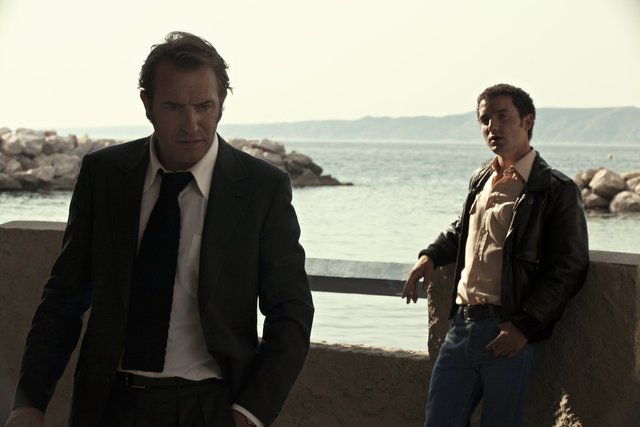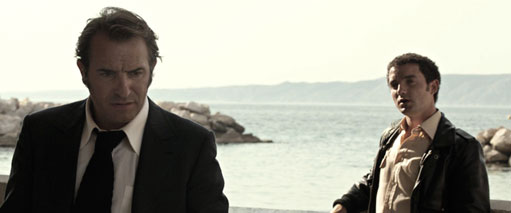Film Review: The Connection
French Crime Film Makes Connection To Classic American Gangster Sagas Of Yesteryear


isn’t it?”
Latest Article|September 3, 2020|Free
::Making Grown Men Cry Since 1992


isn’t it?”